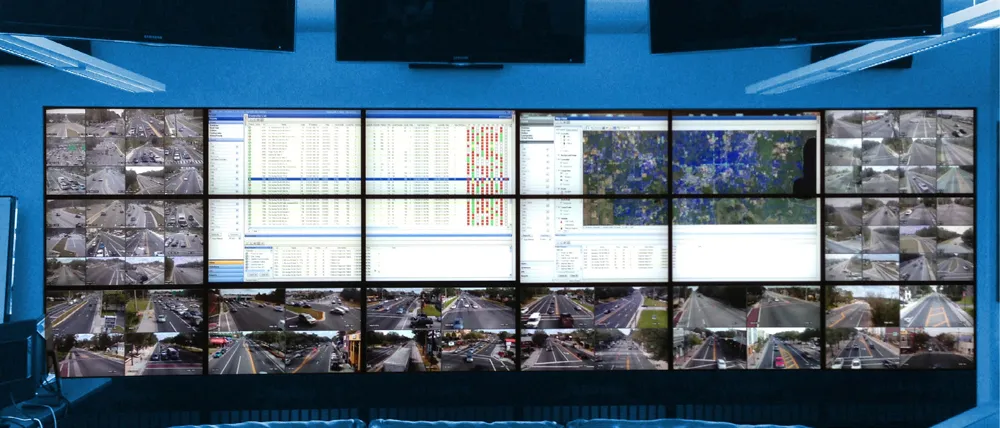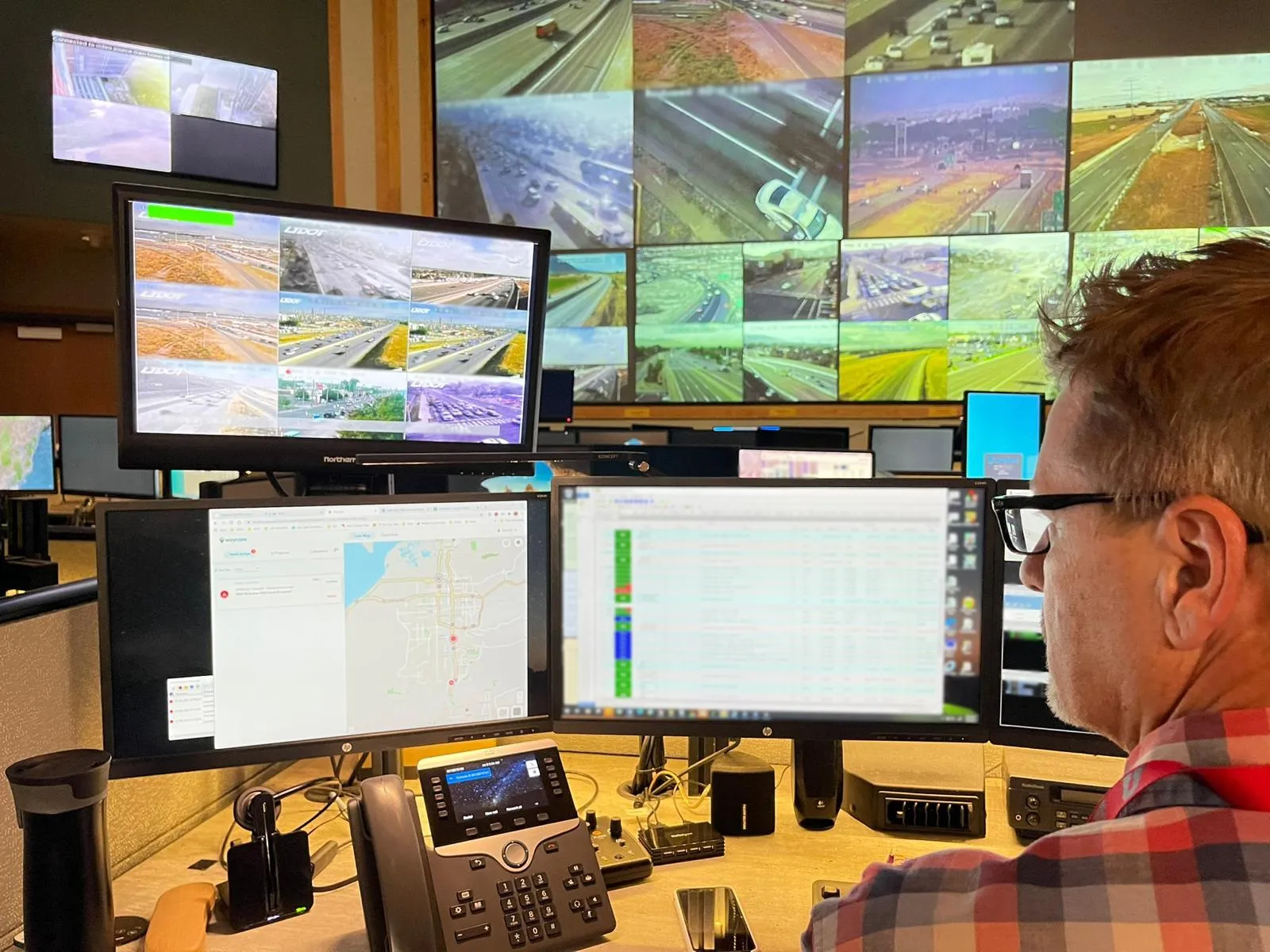With one of the highest population growths in Vietnam and the subsequent strain on resources, Da Nang, the country’s fourth largest city, has turned to IBM technology to increase the manageability and efficiency of the city’s systems. Using IBM’s intelligent operations centre, the Da Nang government will address two of the most significant issues impacting life in the city, transportation and water. The solution provides a summary of events and incidents through maps, dashboards and alerts, allowing city pe
August 16, 2013
Read time: 2 mins
With one of the highest population growths in Vietnam and the subsequent strain on resources, Da Nang, the country’s fourth largest city, has turned to 62 IBM technology to increase the manageability and efficiency of the city’s systems.
Using IBM’s intelligent operations centre, the Da Nang government will address two of the most significant issues impacting life in the city, transportation and water. The solution provides a summary of events and incidents through maps, dashboards and alerts, allowing city personnel to track trends, forecast demand and better manage the city’s infrastructure and assets.
To combat traffic congestion Da Nang is investing in its public transit network and expanding its new bus rapid transit system. At the heart of the operations is a new traffic control centre where city officials can monitor traffic and control the city’s traffic signal system.
IBM’s Big Data technologies and predictive analytics will provide the traffic control centre will have the tools to forecast and prevent potential congestion and better coordinate city responses to issues like accidents and adverse weather. Data from across multiple systems can be integrated, stored and analysed for statistics, control and anomalies detection.
The new system will provide the city’s Department of Transport with real-time information on its 100 city buses such as driving speed, location and predicted journey times. The city’s web portal will inform passengers of changes to bus routes, time tables and estimated arrival times.
“Da Nang is taking bold steps in implementing the most advanced technologies to build and operate the infrastructure of the city to ensure we consistently provide quality services to our citizens, and effectively manage our growth,” said Pham Kim Son, director of Da Nang Department of Information and Communications, and permanent deputy director of the provincial Steering Committee for Information Technology. “Water and transportation are the first two areas where we are applying some of the most advanced technologies available.”
Using IBM’s intelligent operations centre, the Da Nang government will address two of the most significant issues impacting life in the city, transportation and water. The solution provides a summary of events and incidents through maps, dashboards and alerts, allowing city personnel to track trends, forecast demand and better manage the city’s infrastructure and assets.
To combat traffic congestion Da Nang is investing in its public transit network and expanding its new bus rapid transit system. At the heart of the operations is a new traffic control centre where city officials can monitor traffic and control the city’s traffic signal system.
IBM’s Big Data technologies and predictive analytics will provide the traffic control centre will have the tools to forecast and prevent potential congestion and better coordinate city responses to issues like accidents and adverse weather. Data from across multiple systems can be integrated, stored and analysed for statistics, control and anomalies detection.
The new system will provide the city’s Department of Transport with real-time information on its 100 city buses such as driving speed, location and predicted journey times. The city’s web portal will inform passengers of changes to bus routes, time tables and estimated arrival times.
“Da Nang is taking bold steps in implementing the most advanced technologies to build and operate the infrastructure of the city to ensure we consistently provide quality services to our citizens, and effectively manage our growth,” said Pham Kim Son, director of Da Nang Department of Information and Communications, and permanent deputy director of the provincial Steering Committee for Information Technology. “Water and transportation are the first two areas where we are applying some of the most advanced technologies available.”









